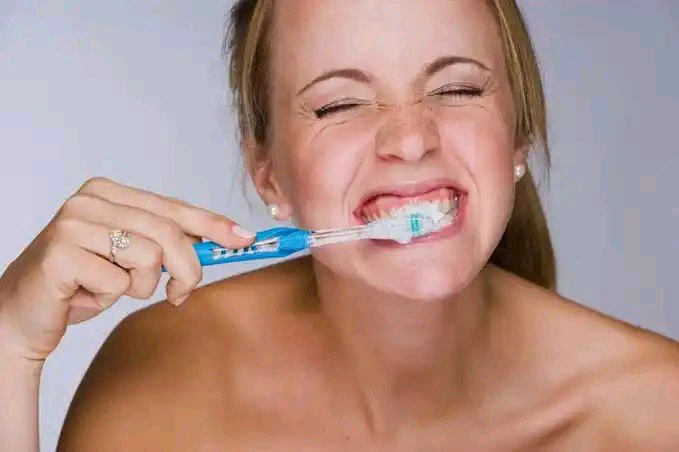Toothbrush: Maintaining proper oral hygiene is essential for overall dental health.
While regular toothbrushing is a crucial part of oral care, there are common mistakes people make that can compromise their dental hygiene effort.
This article highlights toothbrushing mistakes to avoid for optimal oral health, referencing information from reliable and credible sources.
1. Brushing Too Hard:
Brushing your teeth vigorously or using a toothbrush with hard bristles can damage tooth enamel and irritate the gums.
It’s important to brush gently in a circular motion, applying light pressure.
Using a toothbrush with soft bristles can help protect the enamel and gums.
2. Insufficient Brushing Time:
According to healthline Inadequate brushing time can leave behind plaque and food particles, increasing the risk of tooth decay and gum disease.
Dentists recommend brushing for a minimum of two minutes, focusing on each quadrant of the mouth.
Using a timer or an electric toothbrush with a built-in timer can help ensure adequate brushing duration.
3. Neglecting the Gumline and Tongue:
Some individuals focus solely on brushing the teeth surfaces and overlook the gumline and tongue.
Plaque buildup along the gumline can lead to gum disease, while neglecting the tongue can contribute to bad breath.
Brushing gently along the gumline and using a tongue scraper can effectively clean these areas.
4. Using an Old Toothbrush:
Continuing to use an old, worn-out toothbrush can be ineffective in removing plaque and bacteria.
It’s recommended to replace your toothbrush every three to four months or sooner if the bristles become frayed.
A worn-out toothbrush may not clean your teeth effectively and can harbor harmful bacteria.
5. Storing a Wet Toothbrush:
Leaving a wet toothbrush in a closed container or covering it can create a moist environment ideal for bacterial growth.
After brushing, rinse the toothbrush thoroughly and store it in an upright position to air dry. Avoid sharing toothbrushes to prevent the transfer of bacteria.
Conclusion:
Proper toothbrushing techniques are vital for maintaining good oral hygiene.
By avoiding common mistakes such as aggressive brushing, inadequate brushing time, neglecting the gumline and tongue, using old toothbrushes, and improper storage, you can enhance your oral health and reduce the risk of dental issues.
Remember to consult with a dental professional for personalized advice and regular check-ups.


